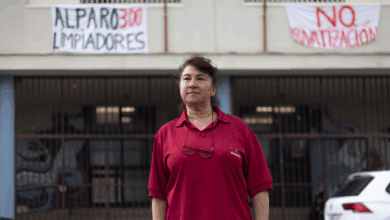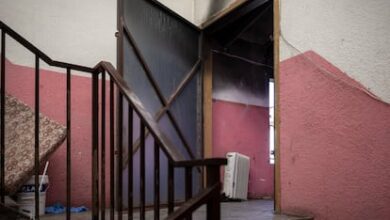
A new scandal is brewing in Andalusia surrounding the breast cancer early detection program. Women who experienced delays in diagnosis are now reporting that their medical records have gone missing. They have contacted the prosecutor’s office, demanding a thorough investigation into the disappearance of information from the electronic systems used by the regional health service.
The situation is further complicated by the fact that, without access to mammography results and other examinations, those affected cannot prove their cases are linked to errors in the screening program. Many discovered that, in electronic services like ClickSalud and Diraya, their medical images are missing or key details in reports have been altered. In some instances, even the names of the attending physicians have disappeared.
The Amama association, which brings together women who have survived breast cancer, has become a focal point for those in similar circumstances. After the first reports appeared in the media, the organization began receiving a wave of new cases. Amama’s leadership emphasizes that these are not isolated incidents, but a systemic issue that could affect thousands of women across Andalusia.
At the same time, the prosecutor’s office is already reviewing complaints submitted by other organizations and political groups. Specifically, there are concerns about possible negligence on the part of the regional health authorities and instances where, due to a lack of timely oversight, patients suffered serious health consequences. Although officials claim the issue is limited to a few cases and is already being resolved, Amama representatives insist that the problem is far more widespread and that official data do not reflect the true situation.
For their part, the authorities in Andalucía are seeking to ease tensions by promising reforms and additional measures to improve the system. However, many women have still not received invitations for follow-up examinations, and some were not even informed about the need for further screening. New appointments in the health department and high-profile announcements about hiring thousands of specialists have yet to address the main question: why did the failure occur, and who will be held accountable.
Amama believes the root of the problem lies in software changes introduced back in 2021. According to activists, without real steps to eliminate systemic errors and ensure a transparent investigation, the situation will not improve. This Sunday in Sevilla, a large-scale protest is expected, with women planning to publicly express their dissatisfaction with the authorities and demand justice.












